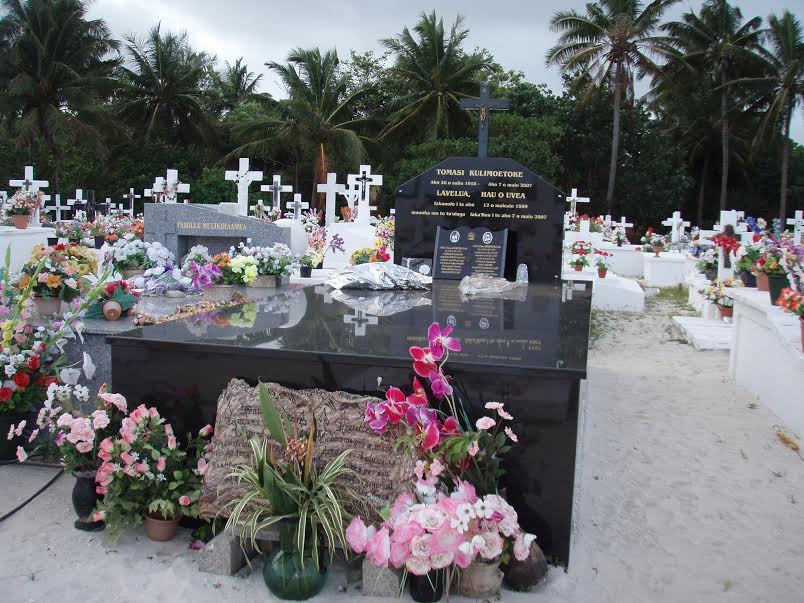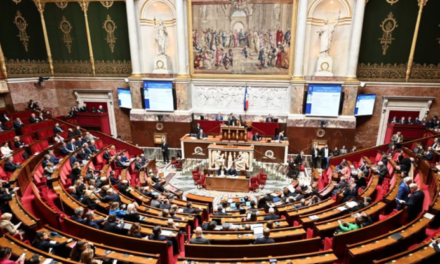Wallisians and Futunians are very attached to the cult of the dead. The cemeteries hold an important place in the life of most of the inhabitants of this small archipelago.
In recent decades, small sand graves have given way to large concrete graves. The phenomenon is such that several cemeteries lack space. It becomes impossible to build new tombs there. The customary authorities have then to negotiate the enlargement of cemeteries.
Land conflicts
This is not a simple issue and it may lead to significant land conflicts. Those who are familiar with these islands know how sensitive the land issue is in Wallis and Futuna.
To gain space in burial places, one solution would be to adopt the technique of cremation as it was done in New Caledonia a few years ago. But this is unthinkable in Wallis and Futuna. What should be done then? Some Wallisians have found a solution.
Private cemeteries
It consists of burying family members in their own garden. Private cemeteries are beginning to appear on the island. Despite the fact that it is officially forbidden by the Catholic Church, this practice is growing. In a series of reports devoted to this subject, Wallis and Futuna la 1ère television revealed that nearly a dozen families have already opted for this solution. This does not go unnoticed in these two islands of 124 square kilometers for 15,000 inhabitants.
Meeting with the Church
Burying one’s dead at home is not uncommon in the Pacific zone. There are many examples of this kind of burial in Fiji and Samoa. The issue is of such great concern to the people of these two islands that a large meeting is to be held on November 18 on the subject within the local church.
Will the church be able to find a long-term solution? It would be a good thing that would avoid the conflicts that Wallis and Futuna has the secret of.
Photo > Royal grave in Wallis cemetery.



